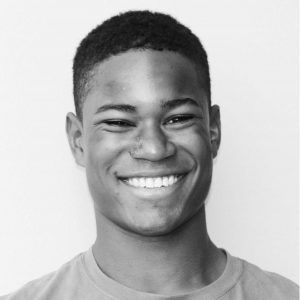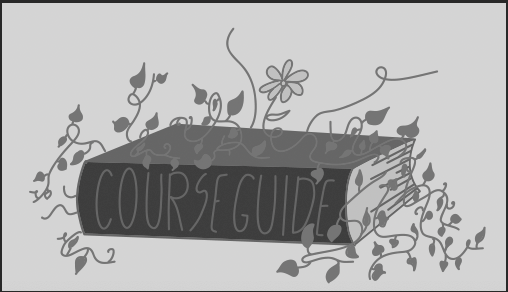
Yes, technically speaking, I am of African-American descent. But I am not black. Or at least that is what I am told. It must be because I can’t dance. Or because I can’t sing. Or maybe because I try hard in class. Or because I speak in full sentences.
You see, the stereotype of the black image resonates with some so much, that they are unwilling to let it go. At Harvard-Westlake, where black students account for 7.2 percent of the student population, this is a battle I fight nearly every day. Due to the lack of exposure to other black people, I feel like I am prejudged by many of my peers.

I am expected to talk like one of the thugs seen in movies, or to be able to play basketball like Michael Jordan. It is when I do not meet these expectations that I am called an “Oreo” or “whitewashed.” Instead of re-evaluating perceptions of black people as a race, I feel like people look to me. I’m the standout. I’m not black.
According to the 2010 US Census, minorities account for roughly 36 percent of the American population. However, in 2007, reports showed American newsrooms have just 14 percent minority journalists.
The disproportionate representation of minorities in the media can contribute to a lack of perspective.
As one of two black members of the Chronicle, I understand firsthand how blacks can feel underrepresented by the media. A lot can slip through the cracks in an unbalanced system. The lack of diversity in staff can lead to a lack of diversity in the content that is prioritized by many news organizations such as this one. In my time on the staffs of the Chronicle and Spectrum, the middle school publication, there has never been a black editor at any level, nor has there been a staff editorial reflecting black views.
The sequence of events that occurred in Ferguson, Missouri, following Michael Brown’s controversial death in a police shooting is an example of what happens with a lack of diversity in national media. The riots that followed the grand jury’s decision not to indict the officer that fatally wounded Brown were extensively covered, as they should have been. The severe unrest in Ferguson was undoubtedly national news, and it needed to be shown to the world. However, the numerous peaceful protests that preceded the major rioting in Ferguson received limited national attention. While they were important to me, and to my family, the media did not prioritize them. Michael Brown’s controversy was known by few before the riots, but the violent aftermath was known by most.
Despite the distasteful actions that occurred during the riots in Ferguson, rioters were able to shed light on the controversy that is police treatment of minorities, and ultimately led to cracking down on unjust interactions in the legal system. The nation ignored the peaceful protests, but rioting ultimately achieved some goals spurred on a national conversation. That is the problem. African American efforts to create change peacefully gain limited recognition, and do not help us achieve our goals. A lot of us feel that the only way we can make a true difference, is by reacting radically.
Situations like this contribute to the problem that is racism. More often than not, what people see influences how they think, whether it is subconscious, or intentional. As a society we end up labeling people because of the groups that we associate them with in our minds.
It’s important to live with the knowledge that minorities do not control what is on the news. I live knowing that every time I walk into a room with people I am not familiar with, the chances are that people will expect less from me because of how I look. I want to get at that.
The media should not be the only basis for how you perceive a culture, and you should judge every person for the individual that they are, not who you expect them to be. If you allow your prejudices to affect the way you look at people, I promise you that you will sorely misjudge many of them.



































